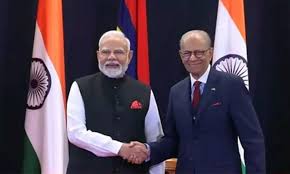
During his visit Prime Minister Narendra Modi reinforced the longstanding historical foundations and cultural ties between India and Mauritius together with their strategic diplomatic relationship. The March 12 national celebrations received PM Modi as Chief Guest to meet President Dharambeer Gokhool along with Prime Minister Navinchandra Ramgoolam for talks about strengthening partnerships between their nations across military defense and trade sectors as well as infrastructure development and maritime security and cultural exchanges.
Key Descriptive Points:
1. Historical and Cultural Ties
-
Mauritius hosts 70% of its citizens who have Indian origins because of French and British rule policies to bring indentured laborers.
-
Mahatma Gandhi’s visit in 1901 inspired political awareness and education movements among Indians in Mauritius.
-
Mauritius celebrates its National Day on March 12 which marks the same date as Gandhi’s Dandi March while celebrating their historical connection.
2. Strategic and Geopolitical Importance of Mauritius
-
Because its positions within the Indian Ocean Mauritius plays an essential role for Indian maritime security as well as trade routes and regional diplomatic efforts.
-
To reduce China's growing influence in the area India seeks to build diplomatic relationships between Mauritius and other Indian Ocean countries.
-
Indian support enabled Mauritius to build transport and defence installations on Agaléga island thus strengthening their maritime security capabilities.
3. India-Mauritius bilateral cooperation
A. Economic and Developmental Cooperation
-
The country of India has dedicated $1.1 billion through credit lines and grants to Mauritius.
-
India financed major projects like:
-
India invested $1.1 billion to develop the Metro Express Project which modernized the public transportation system.
-
India invested $1.1 billion into the development of Mauritius through both grants and investment credit lines to build 96 smaller infrastructure projects that included medical facilities together with new road systems.
-
The implementation of water and sanitation projects has led to better life standards for local residents.
-
Mauritius joins only Singapore in supplying Foreign Direct Investment to India at this time.
B. Defence and Maritime Security Cooperation
-
The leaders of India and Mauritius work toward strengthening their defense partnerships through agreements about white-shipping information exchange for maritime observation.
-
The recently established Agaléga airstrip and jetty in February 2024 enables Mauritius to monitor its Exclusive Economic Zone (EEZ).
-
The Indian government provided support during both Cyclone Chido and the Wakashio oil spill emergencies to Mauritius.
C. Space and Technological Collaboration
-
The space cooperation relationship between India and Mauritius started in 1986.
-
ISRO together with Mauritius Research and Innovation Council (MRIC) reached an MoU in 2023 to develop a collaborative satellite project.
D. Cultural and Educational Cooperation
-
Since the establishment of ITEC by India there have been 4,940 Mauritian experts who underwent training through this program in different professional fields.
-
A total number of 2,300 Indian students enroll in educational programs at Mauritian educational institutions with a main focus on medical studies and business management.
-
Mauritius dedicates special celebration to Indian festivals including Maha Shivratri along with a famous Indian pilgrimage site at Ganga Talao.
Significance
1. India-Mauritius diplomatic relations represent a core component in India’s operational foreign policy framework.
-
Mauritius maintains a central position as India conducts its diplomacy within the local region under its Neighbourhood First Policy.
-
Cooperation between India and Mauritius in defense allows countries to counter the increasing Chinese presence in the Indian Ocean region.
-
Trade & Investment Expansion: India’s Comprehensive Economic Cooperation and Partnership Agreement (CECPA) with Mauritius (2021) boosts economic ties.
-
The population of Indian descendants in Mauritius connects India directly to both cultural relationships and diplomatic channels.
2. Challenges in India-Mauritius Relations
-
The increased Chinese economic engagement with Mauritius through expanded infrastructure investments attempts to reduce Indian influence.
-
The issue of sovereignty regarding Agaléga Island has been addressed by Mauritius as they dismissed reports about an Indian military base on the island.
-
The CECPA agreement fails to overcome trade barriers because bureaucratic regulations together with regulatory hurdles impede trade expansion.
Conclusion & Way Forward:
The historical economic and social links between India and Mauritius turn the small nation into a vital strategic partner for India as it builds its presence across the Indo-Pacific space and Indian Ocean Region (IOR).
1. Strengthening Economic Ties
-
Widen the scope of CECPA to encompass novel trade areas at the same time as supporting policies to encourage Foreign Direct Investment.
-
Support companies to establish cooperative business ventures which combine resources in IT services as well as fintech and tourism industries.
2. Defence organizations together with maritime security institutions need to deepen their partnerships
-
The expansion of white-shipping agreements will achieve better maritime surveillance capabilities.
-
The naval forces should develop enhanced cooperative training activities that combat piracy and also fight illegal fishing activities and prevent smuggling.
3. Boosting People-to-People and Cultural Engagements
-
The government should expand education and professional training programs through scholarships available for Mauritian students and their professionals.
-
The nation should support Indian cultural events and academic student exchanges throughout the year.
4. Enhancing Space and Technological Partnerships
-
The countries should work together to speed up their satellite initiative for climate surveillance and disaster prevention systems.
-
India and Mauritius should develop strategic economic and cultural partnerships to establish a beneficial alliance between their nations which supports peace and stability as well as regional development in the area.



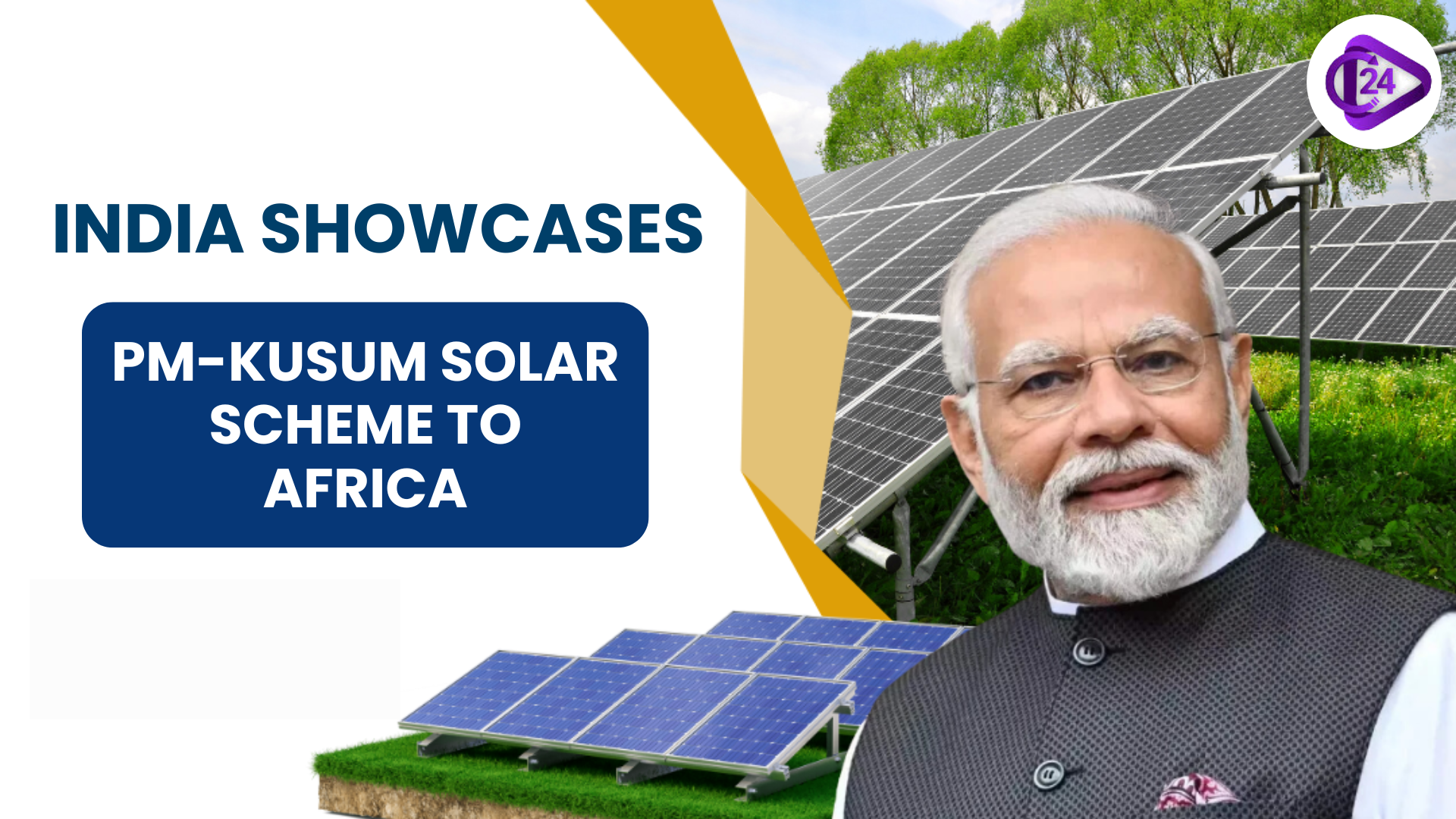 India Promotes PM-KUSUM Solar Scheme to Boost Africa’s Renewable Energy Goals
India Promotes PM-KUSUM Solar Scheme to Boost Africa’s Renewable Energy Goals Hungarian Author László Krasznahorkai Wins 2025 Nobel Prize in Literature
Hungarian Author László Krasznahorkai Wins 2025 Nobel Prize in Literature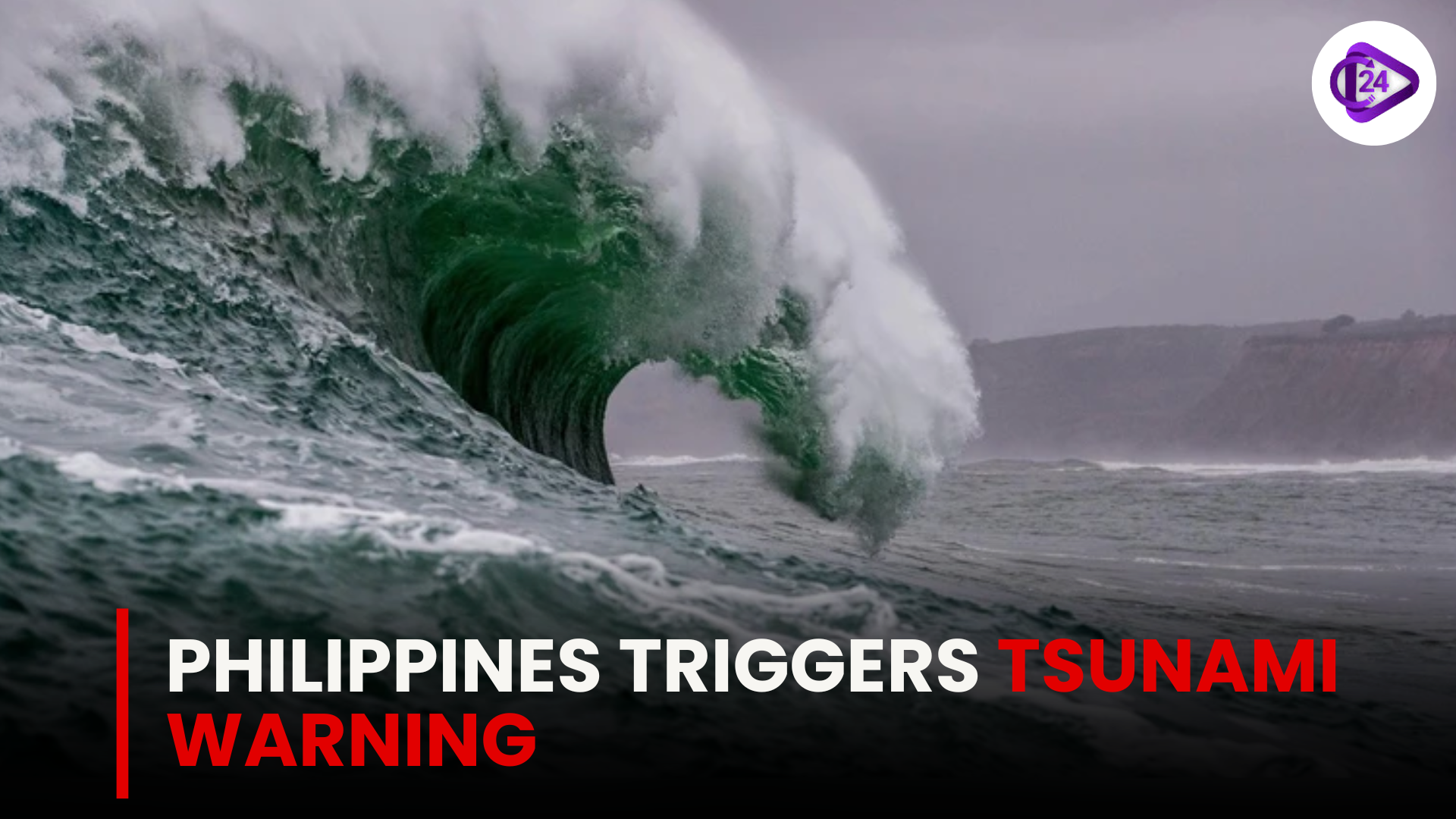 Philippines Earthquake Triggers Tsunami Warning: Coastal Areas Urged to Evacuate
Philippines Earthquake Triggers Tsunami Warning: Coastal Areas Urged to Evacuate Starmer arrives in India with a large business delegation in tow
Starmer arrives in India with a large business delegation in tow Nobel Prize in Physics 2025 Awarded to Three Leading Researchers
Nobel Prize in Physics 2025 Awarded to Three Leading Researchers Physiology & Medicine Nobel 2025: Winners, Discoveries, and Significance Explained
Physiology & Medicine Nobel 2025: Winners, Discoveries, and Significance Explained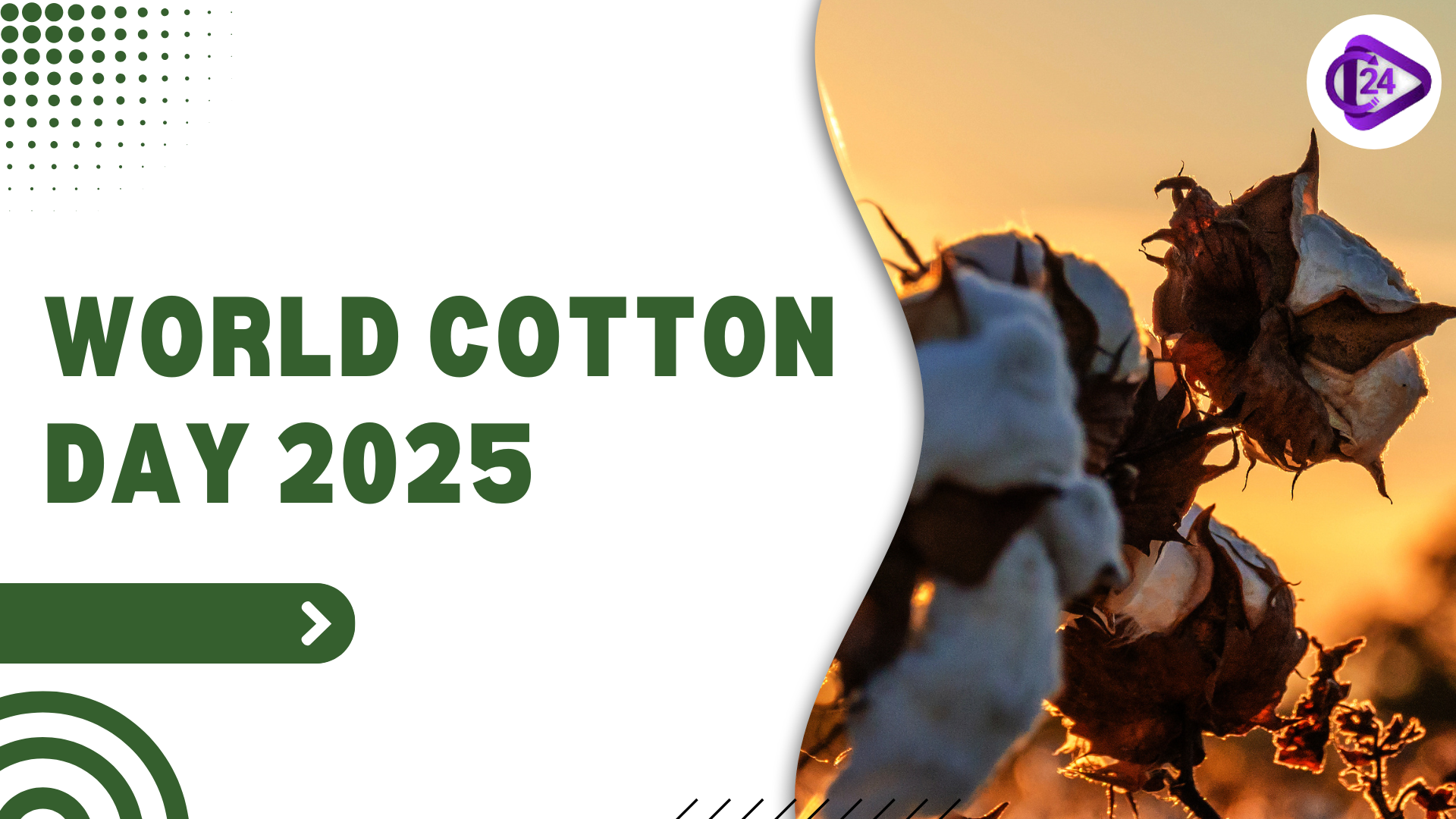 World Cotton Day 2025: International Awareness About Cotton and Its Benefits
World Cotton Day 2025: International Awareness About Cotton and Its Benefits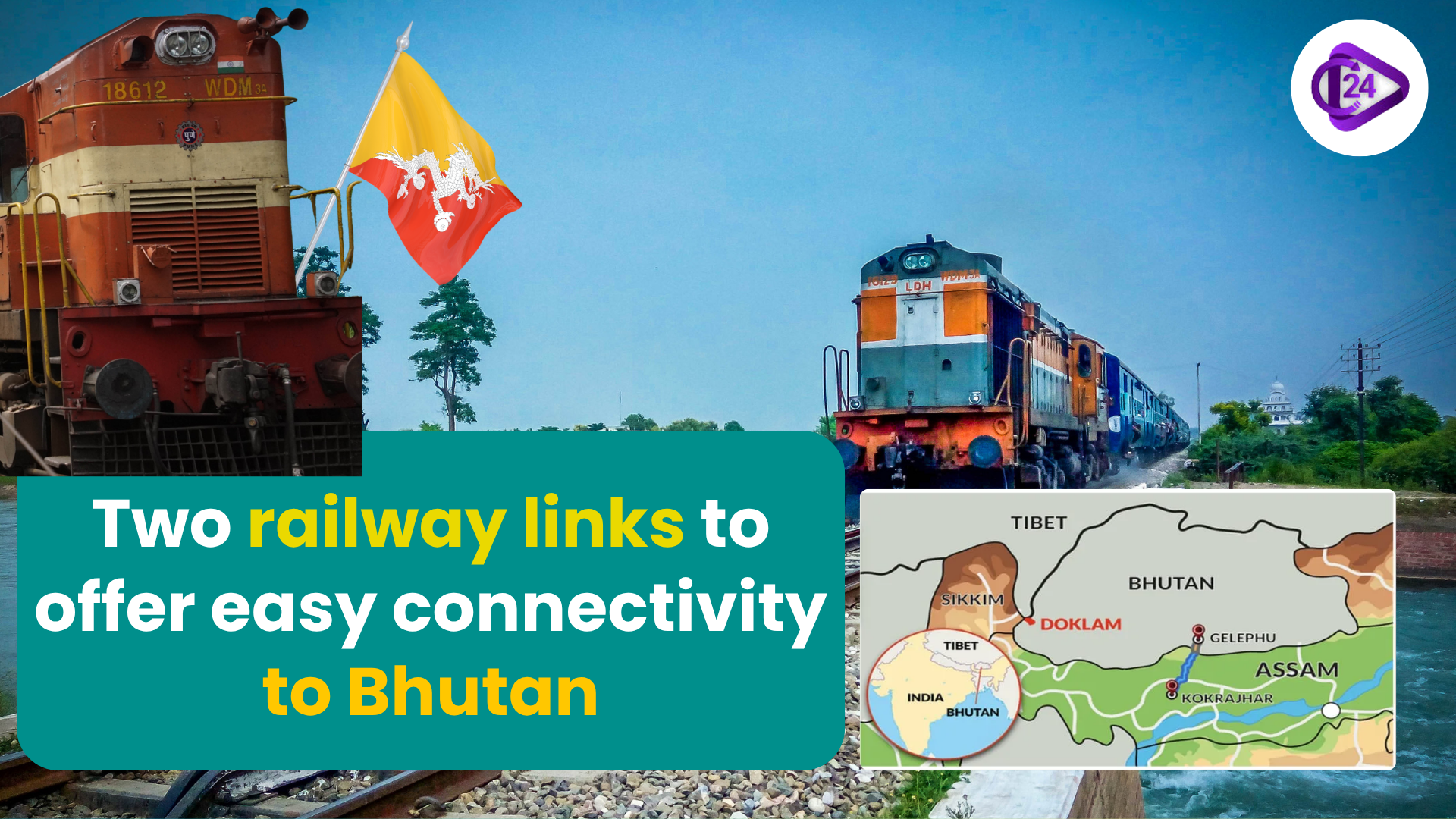 India, Bhutan Approve First Rail Link Project
India, Bhutan Approve First Rail Link Project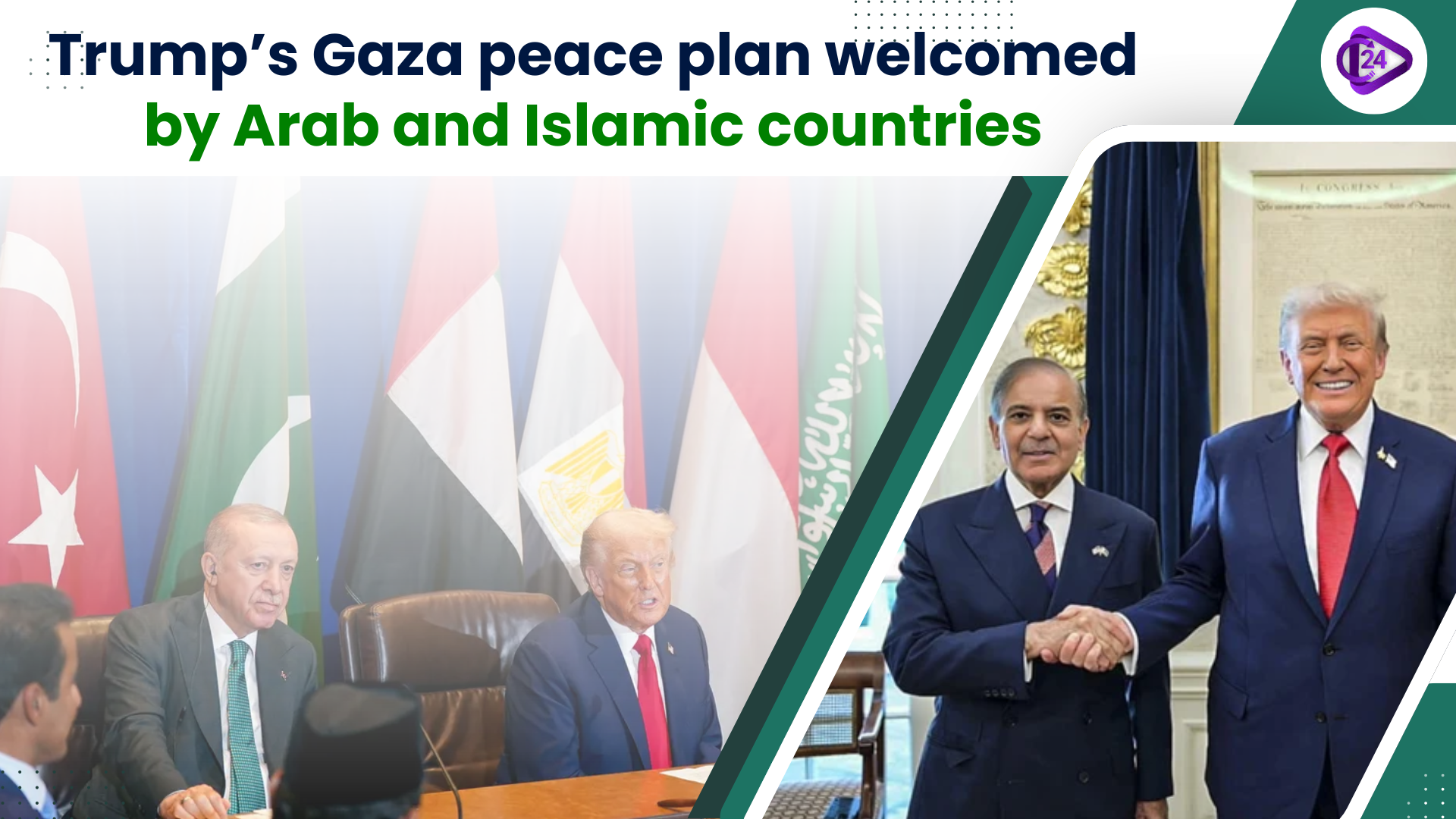 Trump’s Gaza peace plan welcomed by Arab and Islamic countries
Trump’s Gaza peace plan welcomed by Arab and Islamic countries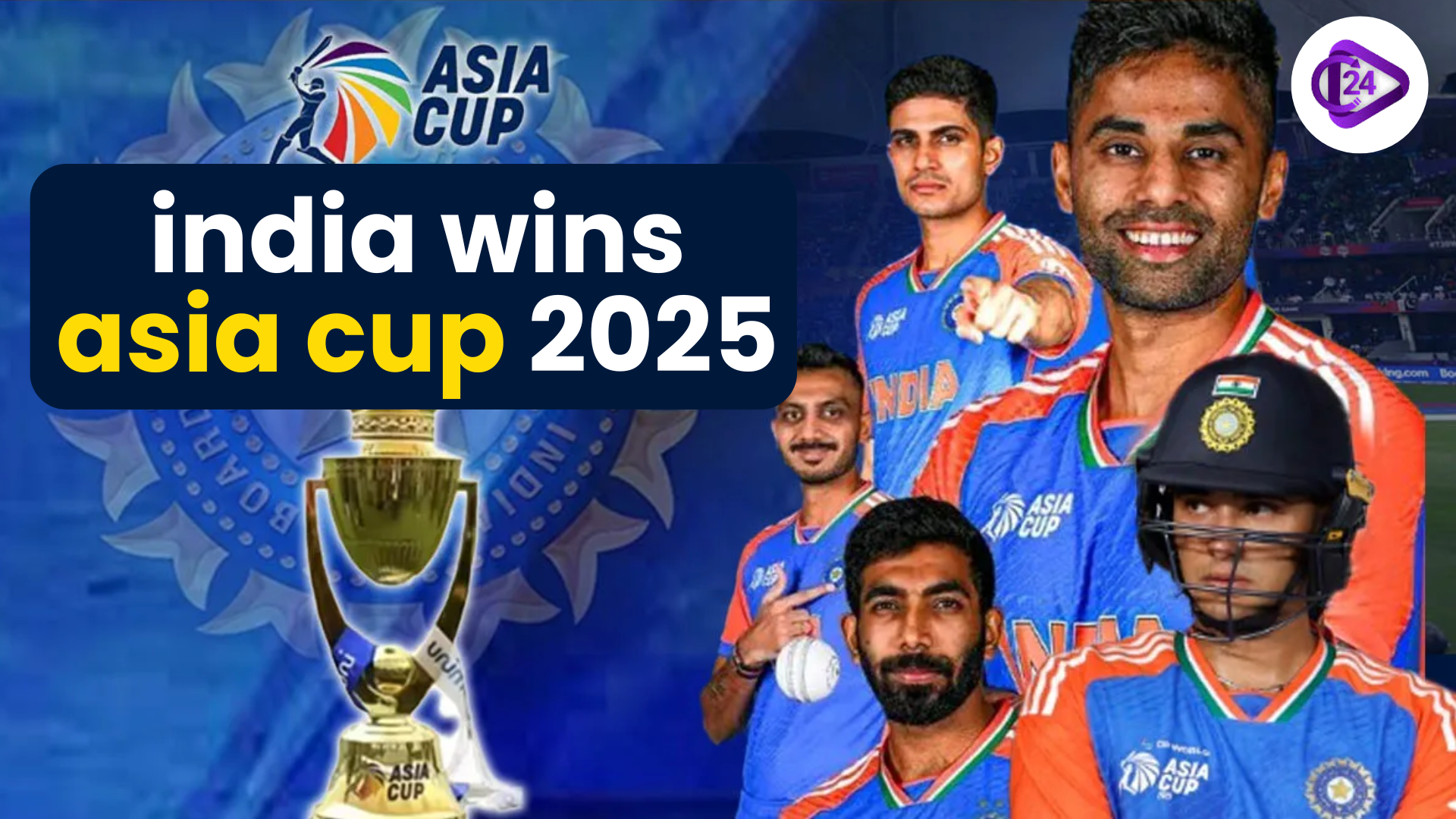 India Beats Pakistan by 5 Wickets to Lift Asia Cup 2025 Trophy
India Beats Pakistan by 5 Wickets to Lift Asia Cup 2025 Trophy






